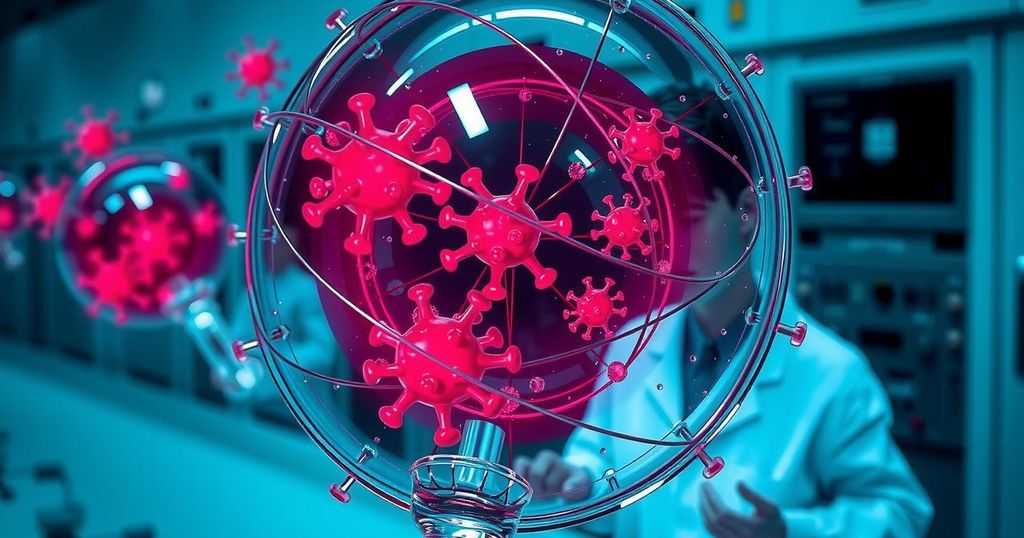Scientists Warn of Unprecedented Risks from ‘Mirror Life’ Microbe Research
Scientists, including Nobel laureates, urge a halt to research on mirror life microbes, citing unprecedented risks to life on Earth from potential infections that could evade natural immune systems. They advocate for a global conversation on safety and responsible research, highlighting the unclear future and necessary precautions in pursuing this fascinating yet dangerous field.
In a bold call to action, a prominent assembly of scientists has urged a cease to any research aimed at creating so-called “mirror life” microbes. This initiative springs from a profound concern that these synthetic organisms, akin to reflections of natural life forms, could pose an extraordinary threat to life on Earth. The group, inclusive of Nobel laureates and esteemed experts, fears that these engineered microbes might penetrate natural ecosystems, eluding the immune defenses of existing organisms, thus triggering catastrophic infections that harm humans, animals, and plants alike.
Life as we know it is intricately constructed from molecules that exist in two mirror-image forms: left-handed amino acids and right-handed nucleotides. This peculiar molecular preference raises questions about life’s very foundations and could easily have unfolded in the opposite direction. Scientists have begun to fathom the complexities of creating mirror microbes, which theoretically could lead to breakthroughs in medicine and safe bioproduction. Yet, the unforeseen dangers of these organisms invoke trepidation, signaling a need for caution and thorough discussion in scientific exploration.
The call to halt research on mirror life microbes illuminates the broader dialogue about the responsibilities that accompany innovation. While the potential for groundbreaking applications beckons, the risks outlined by leading scientists cannot be ignored. An urgent conversation must commence to navigate the complex terrain, balancing curiosity with the imperative of safety for all living organisms.
Original Source: www.theguardian.com




Post Comment